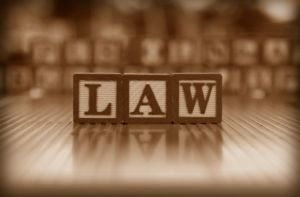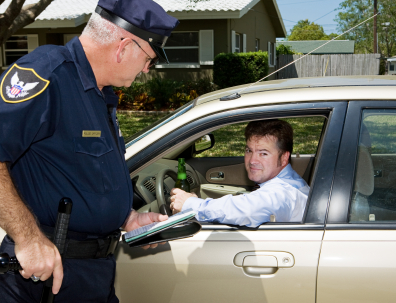
In criminal law, prosecutors hold a crucial power known as “prosecutorial discretion.” It allows them the authority to make important decisions at different stages of a case, such as: 1) Determining whether to press charges, 2) Negotiating plea bargains, 3) Accepting guilty pleas.
Prosecutorial discretion refers to a prosecutor’s authority in a criminal case. This authority includes: 1) Charging decisions, 2) Plea bargains and 3) A case’s overall direction within the legal system.
This discretion allows prosecutors to tailor their approach to individual cases. The prosecutor’s office decides which criminal charges to file against a criminal defendant. Prosecutors weigh many factors, such as: 1) The strength of the evidence 2) The seriousness of the crime (e.g., misdemeanor or felony) 3) The defendant’s criminal record 4) The likelihood of conviction
Plea bargains are a common outcome of prosecutorial discretion. A plea bargain involves the defendant agreeing to plead guilty to a lesser charge. In exchange, they often receive a lighter sentence. This process helps manage caseloads, reducing strain on the court system. It also allows for a more efficient resolution of criminal cases.
In any criminal case, innocent until proven guilty prevails. Prosecutors must prove the defendant’s guilt beyond a reasonable doubt.
Defense attorneys play a crucial role in their client’s case. For example, they must ensure their clients receive a fair trial. They must also challenge the prosecution’s evidence and arguments. This adversarial process ensures a balanced legal system.
Despite the safeguards, biases can still influence prosecutorial decisions. Issues such as race, socioeconomic status, and prior criminal history may affect the prosecutor’s choices. Recognizing these biases is essential for promoting a fair and just legal system.
Law enforcement agencies play a pivotal role in the criminal justice process. When someone suspects or reports a crime, law enforcement officers conduct investigations. They do so by gathering evidence, interviewing witnesses, and collecting information. Their goal is to establish whether there’s a reasonable basis to believe a crime occurred.
Police officers may proceed with an arrest when the evidence supports probable cause. The arrest is significant as it involves depriving an individual of their liberty. Officers must base their arrest on more than just suspicion. A proper arrest requires a reasonable belief backed by tangible evidence.
After an arrest, the case moves to the prosecutor’s office. Prosecuting attorneys play a critical role by reviewing the evidence law enforcement provides. Then, they determine if there’s enough substance to proceed with formal charges.
If you or a loved one is in a bind as a result of a criminal charge (whether it is hate crime related or otherwise), immediately contact a Seattle Criminal Attorney. A Criminal lawyer is not going to judge you and understands that everyone makes mistakes. Hiring a Seattle Criminal Lawyer to help can – at a minimum – reduce penalties and can help direct people on how to best deal with their criminal charge, and many times even get them dismissed. So, it should go without saying that someone cited for a misdemeanor or felony should hire a qualified Seattle Criminal Lawyer as soon as possible. Criminal charges can cause havoc on a person’s personal and professional life. Anyone charged with a crime in Washington State should immediately seek the assistance of a seasoned Seattle Criminal Lawyer. SQ Attorneys can be reached at (425) 359-3791 and/or (206) 441-0900.


